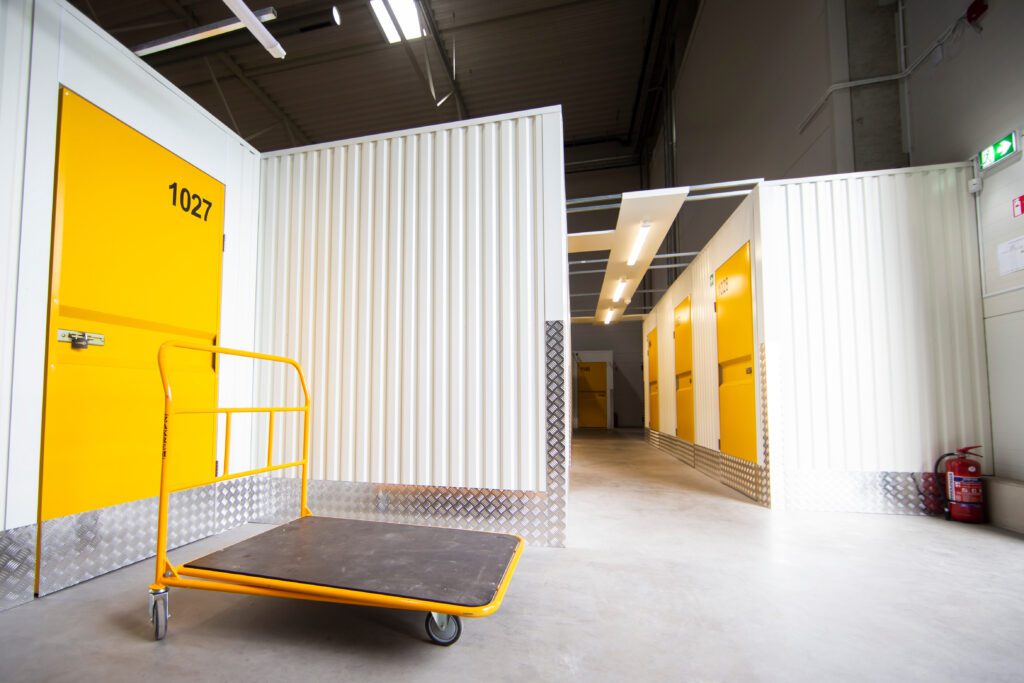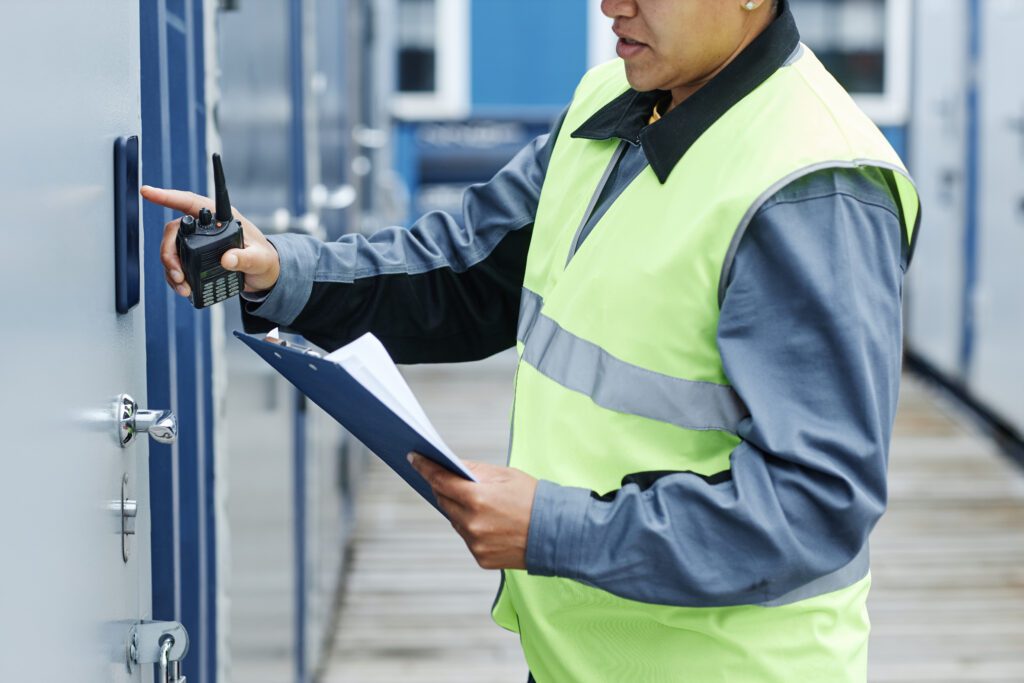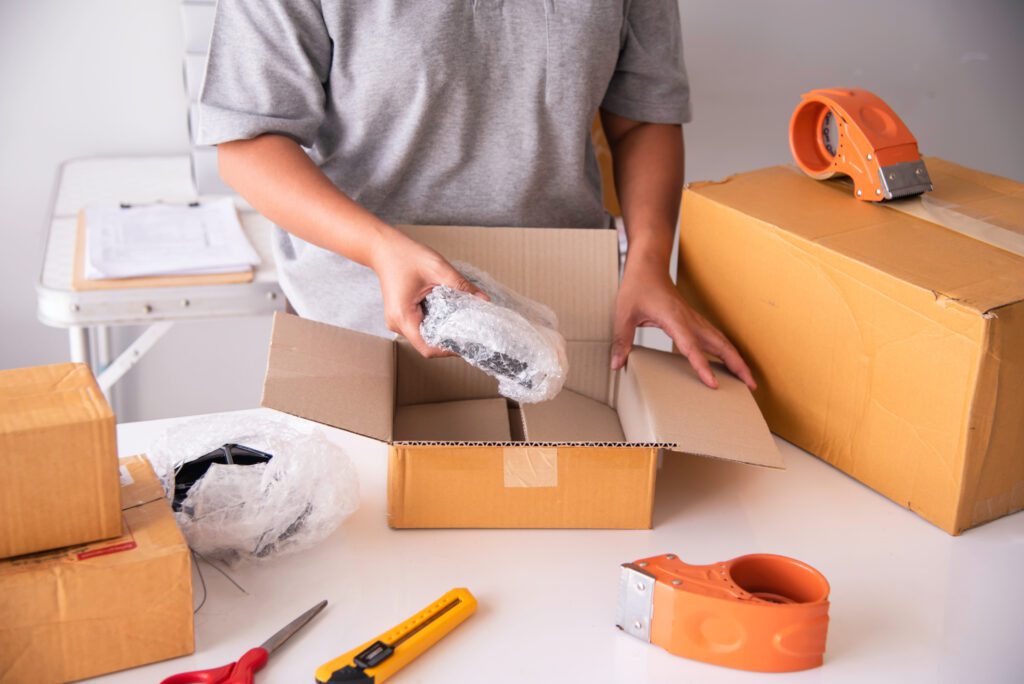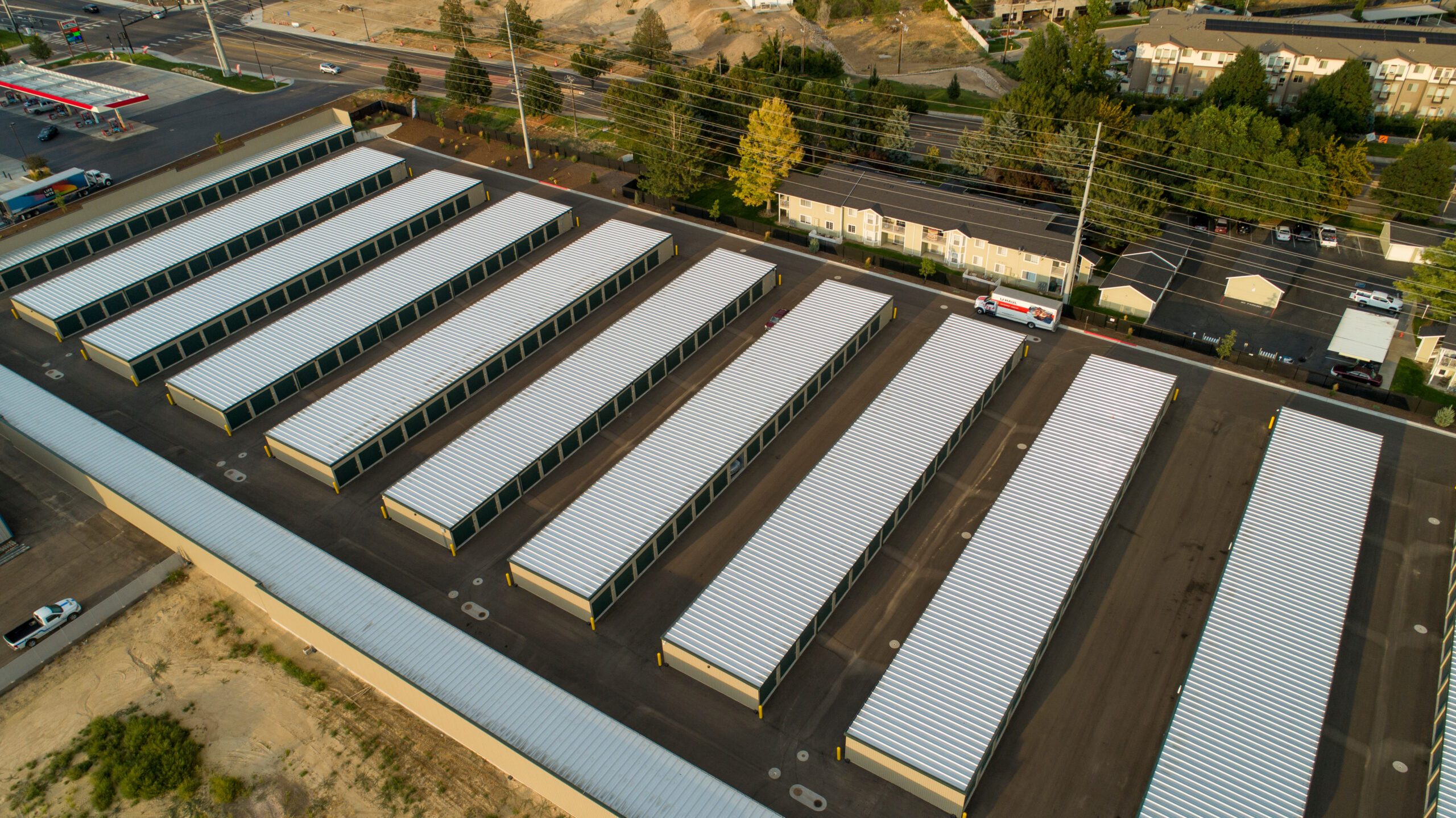In a world where space is a premium, knowing how to manage your belongings efficiently is crucial. Whether you’re a college student transitioning between dorms, a homeowner dealing with life changes, or a frequent mover in need of temporary storage, renting a storage unit can be an incredibly convenient solution. But before you sign that rental agreement, there are important factors to consider.
This blog post aims to guide you through the essential things you need to know before renting a storage unit. From understanding different types of units to knowing what amenities you might need, we’ll cover it all to help you make an informed decision.
Understanding Different Types of Storage Units
When it comes to storage units, one size definitely does not fit all. There are various types of storage units available, each suited to different needs.
Climate-Controlled Units – Climate-controlled units maintain a stable temperature and humidity level, making them ideal for storing sensitive items like electronics, artwork, and important documents. If you live in an area with extreme weather conditions, this might be a crucial feature to consider.
Drive-Up Storage – For those who prefer convenience, drive-up storage units allow you to load and unload items directly from your vehicle. This is especially useful for heavy or bulky items like furniture and appliances.
Indoor Storage – Indoor storage units offer an added layer of protection against the elements since they are located within a larger building. This type of storage is excellent for items that are not frequently accessed but need to be kept safe.

Assessing Your Storage Needs
Before renting a storage unit, it’s essential to take stock of what you actually need to store. This will help you choose the right size and type of unit.
Inventory Your Items – Make a detailed list of the items you plan to store. This will help you assess how much space you need and whether any of your items require special conditions like climate control.
Consider Future Needs – Think ahead. Are you planning to add more items to your storage unit in the future? It might be worth renting a slightly larger unit now to accommodate future needs, rather than having to upgrade later.
Seasonal vs. Long-Term Storage – Determine whether you need the unit for short-term, seasonal storage, or long-term. This will influence your decision on the type of unit and the rental agreement you choose.
Location Matters
The location of your storage unit can significantly impact your overall experience. It’s an important factor to consider for both convenience and cost.
Proximity to Your Home or School – For college students and frequent movers, a storage unit close to campus or your home can save you time and hassle. Convenience should be a top priority when making your choice.
Safety and Security
Ensure that the storage facility is in a safe neighborhood. Check for security measures such as gated access, surveillance cameras, and on-site staff. Your belongings are valuable, and their safety should not be compromised.
Accessibility – Consider the facility’s hours of operation. Some storage units offer 24/7 access, while others have restricted hours. Choose a unit that aligns with your schedule.
Reviewing Amenities and Features – Modern storage facilities offer a variety of amenities designed to make your storage experience as smooth as possible. Knowing what features are available can help you make a more informed decision.
Security Features – Look for facilities that offer advanced security features like keypad entry, surveillance cameras, and individual unit alarms. Some facilities even offer biometric scans for added security.
On-Site Management – Facilities with on-site management are generally more secure and well-maintained. Having staff available during business hours can provide peace of mind and immediate assistance if needed.


Additional Services
Some storage facilities offer additional services like moving truck rentals, packing supplies, and even assistance with loading and unloading. These can be valuable add-ons that make your storage experience more convenient.
Understanding the Costs
The cost of renting a storage unit can vary widely depending on several factors. Understanding what you’re paying for can help you avoid hidden fees and make a more budget-friendly choice.
Base Rent and Discounts – Most storage facilities offer a base rent, but it’s a good idea to ask about any available discounts. Some facilities offer promotions for first-time renters or long-term leases.
Additional Fees – Be aware of any extra costs that may not be included in the base rent. These can include administrative fees, security deposits, and charges for optional amenities like climate control or 24/7 access.
Insurance – Many storage facilities require you to have insurance for your stored items. Check if your homeowners or renters insurance covers storage units, or if you need to purchase additional coverage.
Preparing Your Items for Storage
Properly preparing your items for storage can save you a lot of headaches down the line. Here are some tips to ensure your belongings remain in good condition.
Use Quality Packing Materials – Invest in sturdy boxes, bubble wrap, and packing tape. Fragile items should be wrapped individually and stored in sturdy boxes to prevent damage.
Label Everything – Label your boxes clearly with their contents and the room they belong to. This will make it easier to find items when you need them and make unpacking a breeze.
Create an Inventory List – Keeping an inventory list of all the items you’ve stored can be extremely helpful. This not only helps you keep track of your belongings but also proves useful if you need to file an insurance claim.
Making the Most of Your Storage Space – Maximizing the space in your storage unit can help you get the most bang for your buck. Here are some tips to help you utilize every inch of your unit efficiently.
Stack Strategically – Place heavier, sturdier items at the bottom and lighter, more fragile items on top. This will prevent anything from getting crushed and make it easier to access frequently used items.
Use Shelving Units – If your storage unit is large enough, consider adding free-standing shelving units. These can help you keep boxes and items organized and easily accessible.
Leave an Aisle – Create a small aisle down the middle of your unit. This will make it easier to reach items at the back without having to unload the entire unit.


Legal and Contractual Considerations
Before signing a rental agreement, it’s crucial to understand the terms and conditions. This can help you avoid any legal or financial pitfalls.
Read the Fine Print – Carefully read the rental agreement and understand all the terms and conditions. Pay special attention to the duration of the lease, payment terms, and any penalties for late payments or early termination.
Understand the Facility’s Policies – Each storage facility will have its own set of rules and policies. Make sure you understand what is allowed and what is not, such as storage of hazardous materials or subletting your unit.
Know Your Rights – Understand your rights as a renter. This includes knowing what happens if the facility goes out of business, how disputes are handled, and what recourse you have if your items are damaged or stolen.
Maintaining Your Storage Unit
Keeping your storage unit clean and organized can save you time and stress in the long run. Regular maintenance is key to ensuring your items remain in good condition.
Regular Check-Ins –Visit your storage unit periodically to check on your items and make sure everything is in good condition. This is especially important if you’re storing items long-term.
Seasonal Rotation – If you’re using your storage unit for seasonal items, make sure to rotate them as needed. This will make it easier to access the items you need and keep your unit organized.
Pest Control – Ensure your storage unit is pest-free. Using pest repellents and checking for signs of infestations can help protect your belongings from damage.
Building a Relationship with the Facility
Having a good relationship with the storage facility can make your experience much more pleasant. Here are some ways to foster that relationship.
Communicate Regularly – Keep an open line of communication with the facility’s management. Inform them of any concerns or issues you have and ask for updates on any changes in policies or procedures.
Provide Feedback – Give feedback to the facility about your experience. This can help them improve their services and make your next visit even better.
Renting a storage unit can be a game-changer for managing your belongings, but it’s essential to be well-informed before making a decision. If you’re ready to explore your storage options, don’t hesitate to contact our team at Storage America for personalized advice and recommendations. Happy storing!

